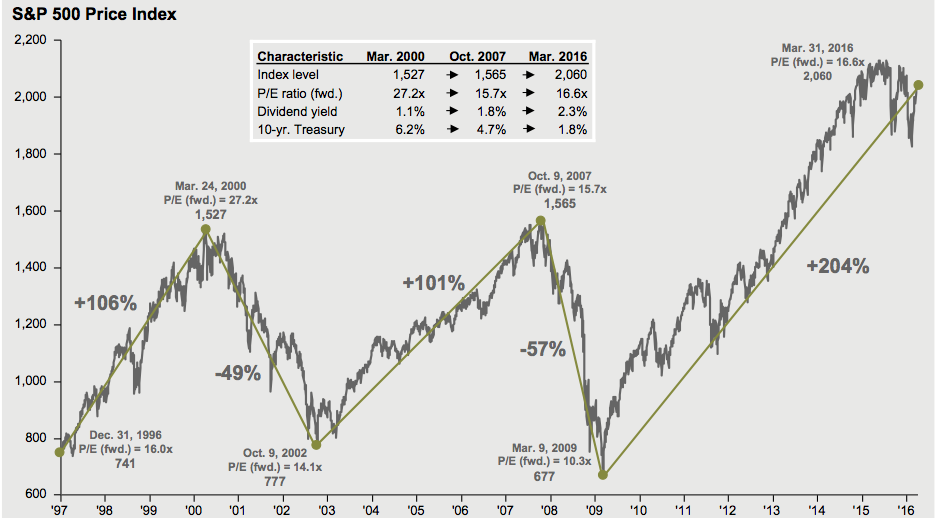1. Losers trade against the trend, but winners trade the impulsive wave of the current trend.
2. Losers have no money management because they aim quick profit; but winners target steady profits by risking 2 or 3% of their investment.
3. Losers don’t set stop loss order expecting to be faster then the market in case of reversal; winners know that any time news can make the price reacts suddenly. Therefore use protective stop loss in case of news release.
4. Losers have no trading plan, they emotionally jump in and out of the market when the price moves; winners build solid entry and exit plans.
5. Losers cut early their winning trades and let losses run and wipe out their account; but winner s cut quickly their losses. When the trade is positive, they set the stop loss to the break even to protecting their profit. Otherwise, they open to 2 lots to closing the first lot when the stop loss value is reached and let the second winning trade run with a trailing stop from the breakeven until it is touched.
6. Losers do trade many strategies at the same time, but have mastered none of them; winners master one successful strategy and move to the other.
7. Losers think the market or the broker is against them, winners don’t fight against the market they try to understand it; they know how to choose between brokers with objective criterions.
8. Losers think Forex is gambling; but winners develop skills, discipline, self control, and patience, they work hard for being successful traders. Winners learn from their mistakes and constantly improve their main trading strategy.
9. Losers perform emotional trading after the release of alarming news, winners respect their trading plans.
10. Losers do overtrading, they even trade at the daily pivot point; winners trade the best opportunities at support or resistance according to the price reaction.
11. Losers can trade a bad risk reward opportunity; winners aim good risk reward with ratio such as 1/3 or 1/4. A won trade protects their portfolio from several small losses.
12. Losers use any strategy or expert advisor without back testing it; but winners know that long term profitability is one of the key of Forex trading success. Winners don’t focus on the percentage of winning trades.




 Have you written down your trading rules? Do you have rules for entry and for exit with a profit and with a loss? Do you have a rule telling you whether a market is trending and what the trend is? Do you have rules stating when the market is in a trading range and what that range is? Do you have rules saying what markets you will trade and what has to happen to trade them?
Have you written down your trading rules? Do you have rules for entry and for exit with a profit and with a loss? Do you have a rule telling you whether a market is trending and what the trend is? Do you have rules stating when the market is in a trading range and what that range is? Do you have rules saying what markets you will trade and what has to happen to trade them?


 Successful traders know that discipline is what allows them to enter their trades when the odds are in their favor and, more importantly, to get out when they’re wrong.
Successful traders know that discipline is what allows them to enter their trades when the odds are in their favor and, more importantly, to get out when they’re wrong.